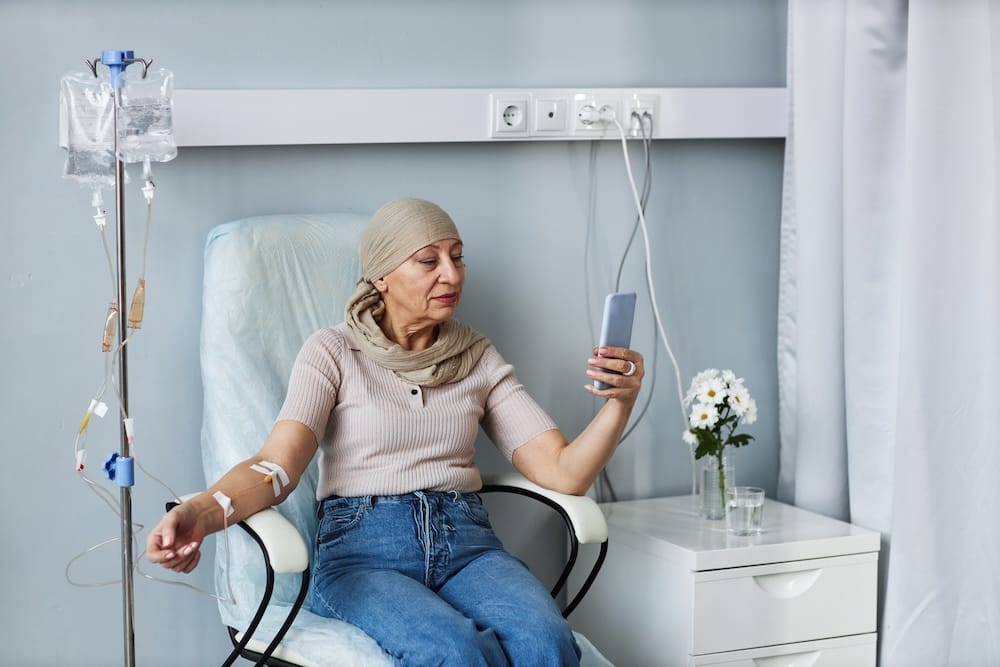

Unveiling the Long-Term Impact of Chemotherapy
Recent research has shed light on a troubling side effect of chemotherapy, a common treatment for cancer. While it targets cancerous cells, it also causes significant damage to healthy cells, particularly in the blood. Studies have shown that this damage can lead to premature aging at a genetic level, making cells appear decades older than they should. This discovery raises serious concerns about the long-term health of cancer survivors who undergo such treatments.
The damage to DNA in healthy blood cells is not a temporary issue. It persists for a lifetime, potentially altering the way these cells function and regenerate. This finding comes from detailed investigations into how chemotherapy agents interact with the body’s normal tissues, highlighting a need for more refined approaches to cancer treatment that minimize harm to healthy cells.
Research Reveals Alarming Genetic Changes
A study recently published in the journal Nature Genetics detailed how certain chemotherapy drugs increase DNA damage not only in cancer cells but also in healthy ones. The research focused on blood cells, finding that the genetic mutations caused by these drugs can mimic the wear and tear seen in much older individuals. This premature aging effect could explain some of the long-term health challenges faced by cancer survivors.
Dr. Daniel Landau, an oncologist and hematologist with The Mesothelioma Center at Asbestos.com, emphasized the gravity of these findings. 'The damage to DNA lasts a lifetime,' he stated, pointing out that one of the most significant risks is the potential for developing secondary cancers years after the initial treatment. This concern is echoed across multiple studies that note an increased mutation burden in normal stem cells responsible for tissue renewal.
Another report from Live Science, published around the same time, noted that some chemotherapy drugs can add decades of 'age' to healthy blood cells. This accelerated aging at the cellular level is a critical area of study as researchers strive to understand the full spectrum of chemotherapy’s effects on the body.
Balancing Life-Saving Treatment with Long-Term Risks
The challenge for medical professionals is clear: while chemotherapy can be life-saving, its impact on healthy cells must be addressed. Ongoing research at institutions like the University of Oklahoma is exploring the overlap between chemotherapy side effects and cognitive issues often referred to as 'chemo brain.' These effects mirror memory and learning problems typically seen in older adults, suggesting a deeper connection between treatment and aging processes.
As science continues to uncover these hidden costs of cancer treatment, there is a growing push for developing therapies that target cancer more precisely without harming surrounding healthy tissues. The hope is to reduce the risk of secondary cancers and other long-term health issues for survivors, ensuring that the cure does not come at too high a cost to their future well-being.
Dues are $12 per year. Member benefits:
✅ Ad-Free Website Viewing
✅ Advocacy for Republican Seniors
✅ 120+ Senior Discounts
✅ Member Only Newsletters